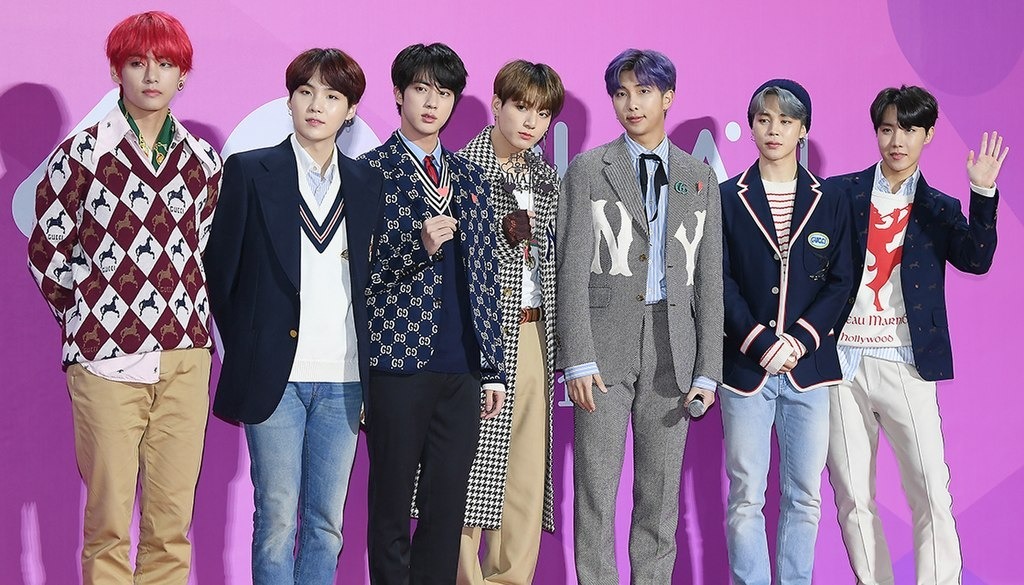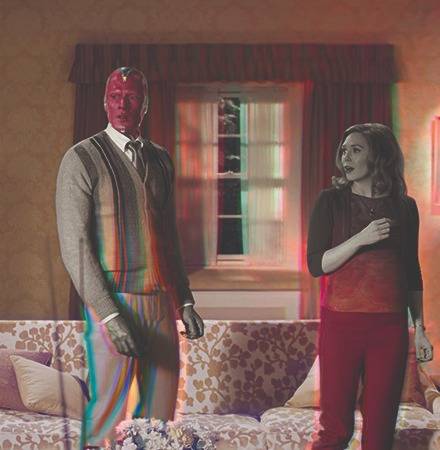
“‘Gangnam Style’ is a socio-cultural commentary on South Korea’s hyper-consumerism and material pursuit” reads the label next to a glass case containing a pink suit. The outfit belongs to the pop star Psy, who made the song and accompanying dance world famous (the “Gangnam Style” music video was the first YouTube clip to earn over a billion views). That was back in 2012. Now Korean popular culture – the hallyu or so-called Korean Wave – has earned its own exhibition in the UK’s prestigious V&A Museum in London.
There is something delightful about imagining the curators working out how to word the labels for this collection of artefacts: a range of early video games reveals the pioneering spirit of early web café culture, cute outfits like Psy’s are displayed, while their pop songs play on multiple screens. The exhibition sums up K-pop as: “adored worldwide for its polished performances that blend catchy tunes and heartening lyrics, stunning visuals and powerful dance steps.”
You may not need the V&A to tell you that K-pop now has a global reach, or to recognise the faces of these pretty, androgynous stars. In October, the BBC World Service led with news that the members of BTS – the south Korean boy band – were going to do their military service and would not be exempt. The possibility had been discussed, due to their contribution to Korea’s global standing; they have even addressed the United Nations general assembly.
South Korea has not just re-branded itself, but built global economic success on its popular culture. Given that the three decades after the Korean War ended in 1953 were marked by political repression meted out by the paramilitary government, this was a remarkable transformation. In the 1990s, South Korea transitioned from autocracy to democracy. The strategy of promoting culture appears to have been triggered by striking economic data: in 1993, the film Jurassic Park earned more money in South Korea than the major car manufacturer Hyundai. One can’t help wondering if this promotion of culture might also have helped to harness the energy of South Korea’s young population, and embed its new democratic identity.
The success of South Korea’s policy extends to cinema (Oscar-winning Parasite and Minari) and television (Squid Game), following years of critical acclaim for directors such as Park Chan Wook (Oldboy) and Bong Joon-ho, whose films The Host and Snowpiercer won him global fans before Parasite got its three Oscars.
Is there a lesson for the UK? Cultural leaders in Britain from screen, stage and the music industry have been pleading for years for the Conservative government to recognise the significant value of the export earnings of British culture, along with the boon to tourism. They pleaded for better support for the arts during the pandemic lockdowns, only to be answered by the government’s much-mocked skills retraining poster campaign, apparently suggesting that ballet dancers might instead find a job “in cyber”, whatever that might mean.
Education policy, too, has been re-angled to emphasise the funding of STEM subjects (science, technology, engineering and maths) as if they were in a competition with the humanities. Music, drama and language provision in state schools is plummeting. All of which gives the impression that the British government is either oblivious or tone deaf to the economic value of our creative industries.
That’s not to say all is rosy in the world of the Korean Wave. K-pop acts are formed like a factory product: from their teenage years, artists are drilled and groomed into a uniform standard of beauty. While the likes of BTS may be speaking up about climate change and LGBTQ+ pride, there is something unsettling about the image of perfection their fans aspire to emulate.
South Korea is a world leader in something less savoury than cultural exports, too. It has the highest rate of cosmetic surgeries in the world, with an estimated one in three South Korean women under 30 having procedures.
Even so, there is a frankness in South Korean culture about the dark side of its success. One of the most powerful exhibits in the V&A exhibition is the ugly set of the basement flat from Parasite – semi-underground – typical of those in which many poor urban families live.
What is inspiring is how South Korea has dared to see the value of storytelling and song. The country has built a cultural and economic force out of the power of its citizens to dream; whatever darkness, as well as beauty, those dreams might reveal.
This piece is from the New Humanist winter 2022 edition. Subscribe here.

